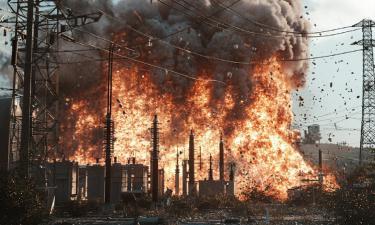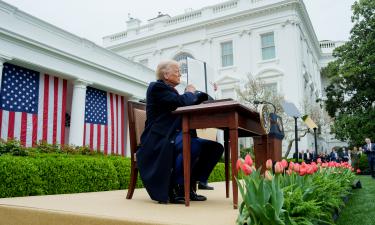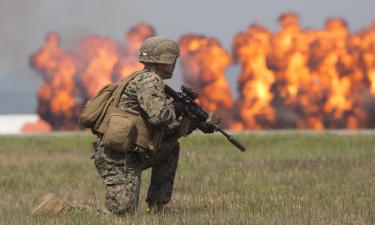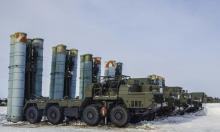U.S. to withdraw its troops next spring
U.S. Army Gen. George W. Casey, the top U.S. commander in Iraq, said Wednesday that a significant drawdown of U.S. forces in Iraq could start next year under the right conditions.
Gen. George Casey made the prediction as Defense Secretary Donald Rumsfeld made a surprise visit to Baghdad to urge Iraq's factions to stick to the timetable for drawing up a new constitution, something the United States considers essential if the insurgency is to be weakened and the United States is to reduce its presence.
"We don't want any delays," Rumsfeld was quoted as saying by Chicago Tribune. "Now is the time to get on with it.
Rumsfeld's visit came amid mounting U.S. concerns that Iraqi negotiators will miss the Aug. 15 deadline for completing the new constitution. If the deadline is met, Iraqis will vote on their constitution in a referendum in October and then fresh elections will be held in December, completing the transition to full democratic rule.
Rumsfeld cautioned that postponing the deadline "would be very harmful to the momentum that's necessary."
"We have troops on the ground there. People get killed. It's time for compromise," he said.
Casey expresses solidarity with Rumsfeld: "I do believe that if the political process continues to go positively, if the developments with the security forces continue ... we will still be able to make fairly substantial reductions after these elections - in the spring or summer of next year," he said.
Prime Minister Ibrahim al-Jaafari said Iraqis also are looking for a "speedy" withdrawal of U.S. troops and he urged Rumsfeld to accelerate the training of the Iraqi security forces who will replace them.
Iraq's National Security Adviser Muwafaq al-Rubaie told Al-Arabiya television network that his government is talking with U.S. officials about ways for the Americans to withdraw completely from 10 Iraqi cities and parts of Baghdad by December.
Even the traditionally secular Kurds recognize that Iraq's Muslim identity is important and that no laws should run contrary to Islamic jurisprudence, said Fouad Massoum, the committee's Kurdish vice chairman.
Lurking in the background is the same factor that in large part governed troop strength decisions during the last years of the Vietnam conflict: the growing unpopularity of the Iraq war.
Some 85 percent of the nation's violence occurs in four central Sunni provinces in Iraq, leaving open the possibility that others, particularly in the Shiite south, could be transferred to Iraqi forces at an early date, San Jose Mercury news says.
The latest public opinion polls show approval for President Bush's conduct of the war as low as 37 percent, with as many as 57 percent of those surveyed disapproving.
Subscribe to Pravda.Ru Telegram channel, Facebook, RSS!





